Will Smith is no stranger to the SBIFF tribute landscape. The festival named him a “Modern Master” back in 2006 when his current film was Pursuit of Happyness. Fast forward to Sunday night’s “Outstanding Performers” award, and Smith has an Oscar nomination for his role in King Richard, his most “masterful” work to date.
He couldn’t do it alone. A secondary plot in the film about the Compton-based family, which produced tennis mega-stars Venus and Serena Williams, is the underappreciated nurturing and coaching role of Oracene “Brandy” Price. The mother figure worked with a quiet intensity with the more publicity-seeking and wildly entrepreneurial dreamer father Richard Williams. Aptly, Sunday’s doubly-focused tribute also included the Oscar-nominated supporting actress Aunjanue Ellis.

Ellis, whose filmography includes powerful supporting roles in Ray and Men of Honor, explained that if Richard was “the architect of the dream, Oracene was the builder of the dream.” Late in the tribute, a clip of the dramatically intense “kitchen scene” from King Richard — validating Oracene’s critical importance in the family unit–left both actors in an emotional state, along with the audience.
Guided by The Hollywood Reporter‘s Scott Feinberg, this tribute scored highly on the entertainment index, thanks to Smith’s warmth and sharp comic timing onstage. As Smith confessed, he is primarily a comedian, which has made him skilled in the biopic genre—including the reality-based films Ali, Pursuit of Happyness, Concussion, and now King Richard—via his ability to model his mimicry on actual people.
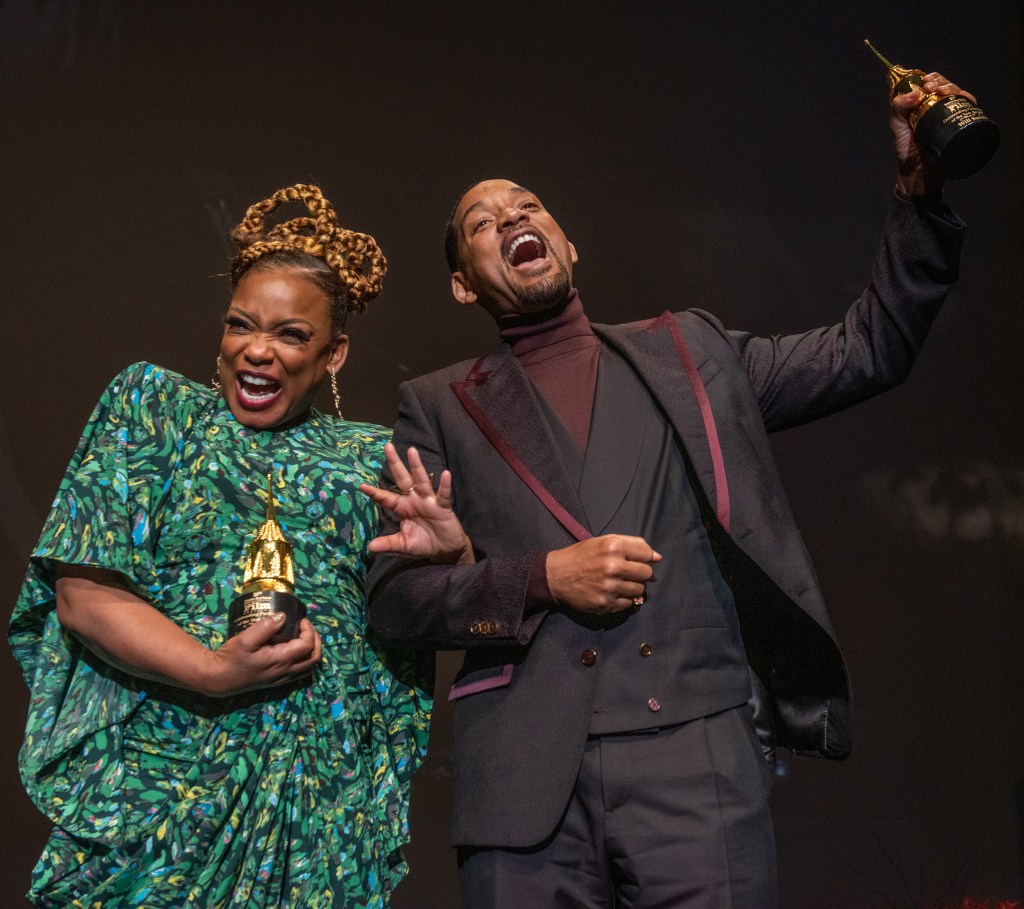
Thanks to his comedian instincts, Smith upped the ante of humor and often tuned in to the room. When a skirmish requiring security guards interrupted the show, Smith zoomed in on the situation. A woman stood up, explaining to Smith and the crowd that her exuberance had led someone to pour a drink on her. As the parties were escorted from the hall, Smith paused, then delivered the most memorable off-the-cuff moment in this year’s tributes thus far. After a pause to take it all in, he turned to Ellis and said, “that’s why it’s important to have white audiences because that would’ve gone differently where you and I grew up.”
King Richard‘s director Reinaldo Marcus Green presented the trophies to Smith and Ellis, commenting that “working with these two was like a master class every day.”
COMIC RELIEF CONTINUED
Amidst the darker, edgier fare necessarily populating a serious film festival such as SBIFF, escapist comic relief is always welcome. We got an introductory splash of goofiness with the festival opener Phantom of the Open. The Spanish comedy The Good Boss (El Buen patron) played to a large crowd early on Sunday morning, and it delivers follies galore. A film shortlisted as the Spanish entry for the Oscars and which swept the Spanish Goya Awards last month, The Good Boss is a crowd-pleaser with intelligence, cinematic savvy, and comic timing in the right balance.
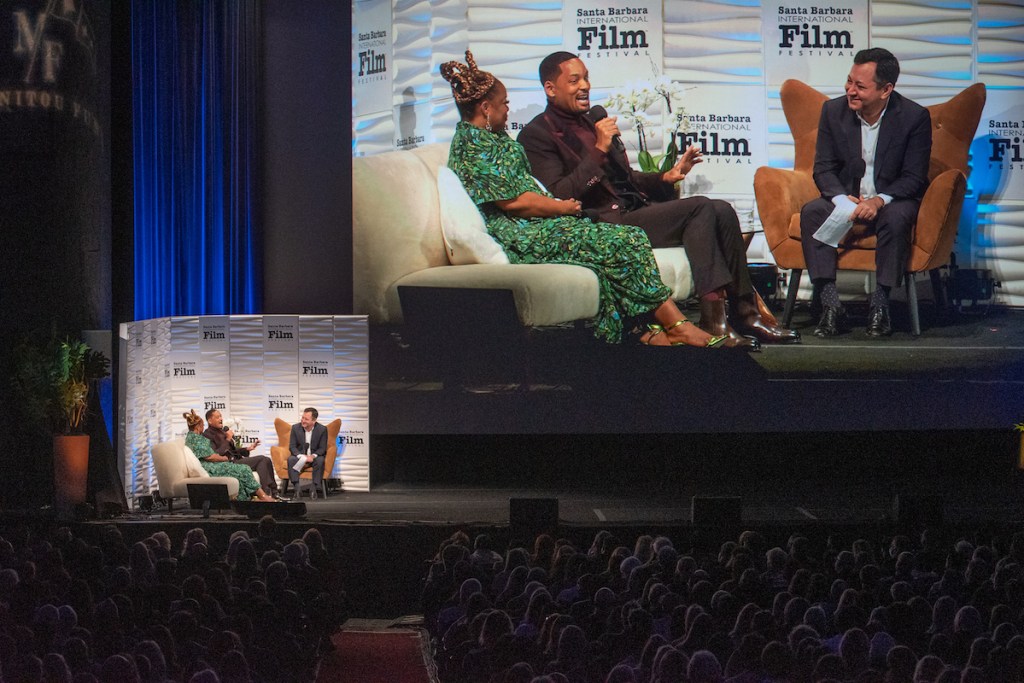
Writer-director Fernando León de Aranoa’s business realm satire also greatly benefits from the anchoring presence and deft comic touch of Javier Bardem, as the titular boss of a company specializing in scales. Bardem will appear in an SBIFF tribute at the Arlington on Thursday along with Nicole Kidman, his co-star in Being the Ricardos. Bardem soars and schemes as a suave and sensitive “good” boss in The Good Boss. The film tracks one week at a company on the verge of evaluation for a vital reward. Murphy’s Law strikes in a madcap plot replete with Machiavellian wrangling, a smear campaign by a disgruntled former employee, a fling with an intern involving an unexpected comeuppance, and other toothy satirical setups and subplots. In a self-revealing moment, the boss at one point rationalizes, “sometimes you have to trick the scale to get the right weight.”
PAPAL POP CULTURE ICON
Producer and sometime director Roger Corman, age 96, famously pioneered genres such as dumbed-down driving movies, bargain-basement monster shows, and anything featuring half-naked women in or out of prison. Despite these lowbrow tendencies, anyone who questions the value of a Corman documentary in a self-respecting film festival doesn’t understand the whole story or his vast achievements in cinematic history. He’s called “the godfather of new Hollywood” for a reason.
The fine and compact doc Roger Corman: The Pope of Pop Cinema by French filmmakers Bertrand Tessier and Myriam Brough tells his story well. It got its US Premiere at SBIFF. One of many Hollywood directors who got his start in the Corman machine, Joe Dante offers much insight in his interview snippets in the film, including the idea that Corman “was more of a maverick than a rebel” in Hollywood. Corman, in other words, was a bold DIY artist and pioneering independent filmmaker, working fast, cheap, and in control. He gave formative opportunities to such later-luminaries as Martin Scorsese and Francis Ford Coppola.
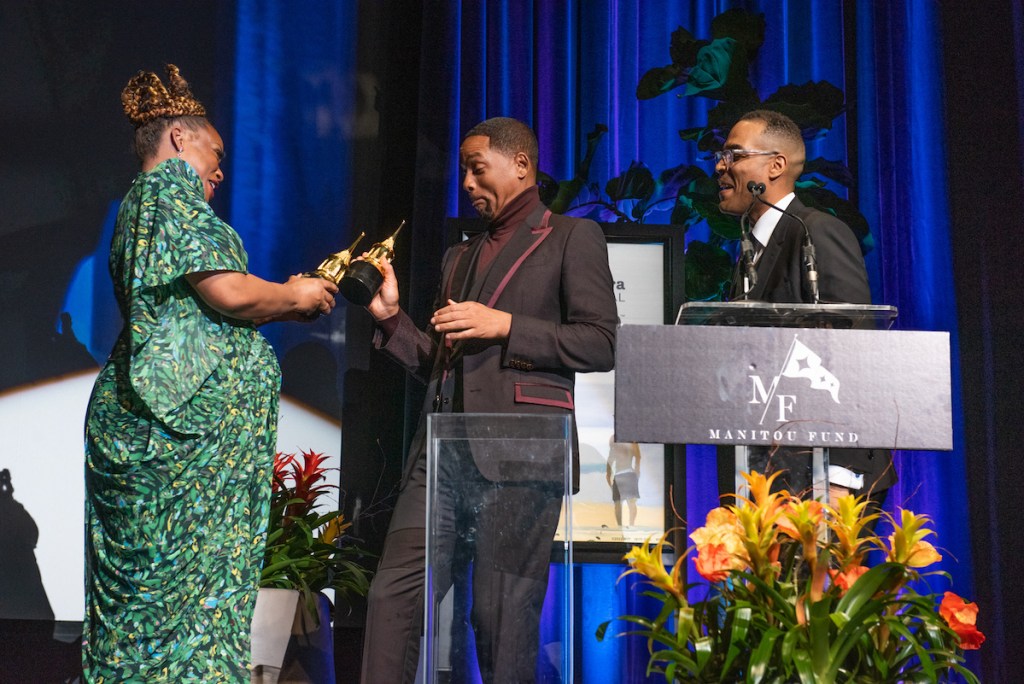
The film includes interviews with the late Peter Bogdanovich and Ron Howard — two other Corman graduates and champions — and valuable interview footage with the charming maverick himself. We also get great clips from the Corman filmography, including the original The Fast and Furious, his series of low-budget Edgar Allen Poe-based films, the seminal biker flick Wild Angels, the LSD-fueled The Trip, Caged Heat, and the immortal Paul Bartel-directed B-movie Death Race 2000.
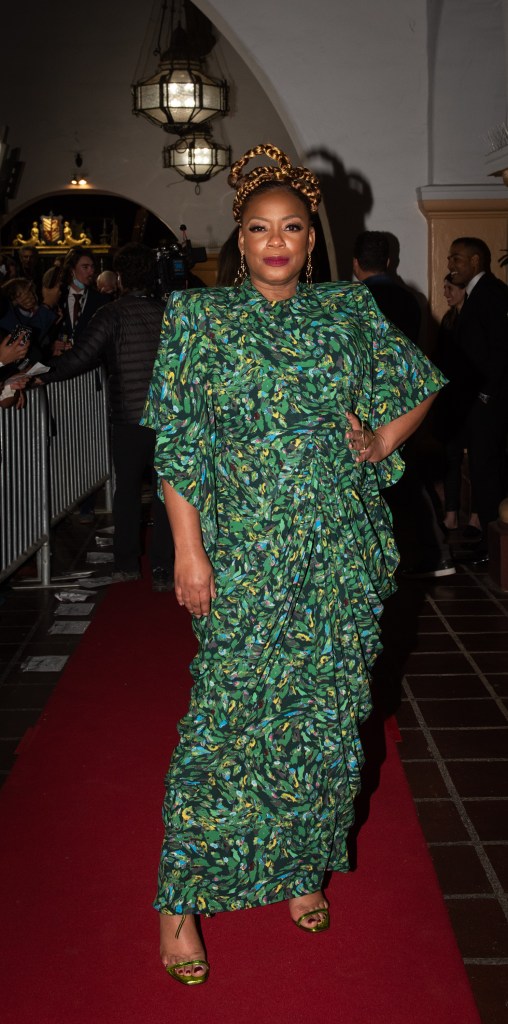
B-movie kitsch aside, one revelation in the film is the attention paid to The Intruder, a daring film about racial tensions in the South. Made by Roger and his brother Gene, it’s among the poorest-selling films in the Corman archives and one of his most socially significant projects.
Yes, Corman’s place at the film festival table is secure.
Another pop-cultural icon celebrated at this year’s festival is the pop star singer-guitarist José Feliciano, whose 50 years in showbiz is the subject of co-directors Frank Licari and Hellen Murphy’s affectionate chronicle. They frame the film with Feliciano’s soulful, personal, and controversial national anthem performance at the 1968 World Series and then return to the scene of that sensation in 2018, the same year he donated his beloved classical guitar to the Smithsonian.
Between those poles, the film follows the remarkable story of the blind Puerto Rican immigrant who rose to great fame and prominence in the ’60s and has not been fully appreciated along the way, despite such enduring hits as his rendition of “Light My Fire” and the Christmas chestnut “Feliz Navidad.” (The inveterate jokester notes “I made it so people couldn’t turn me off at Christmas.”) As interviewee Carlos Santana insists, Feliciano is “an impeccable singer and superb guitarist,” too often dismissed as a middle-of-the-road crowd-pleaser. This doc persuasively begs its viewers to reconsider the musician’s grander impact.
(Local note: Concert footage from a show in Puerto Rico includes, as bassist, Santa Barbara’s own Randy Tico in the ranks).
See sbiff.org and follow our daily SBIFF coverage at independent.com/sbiff. Don’t forget to catch our cover package on the festival here.
Support the Santa Barbara Independent through a long-term or a single contribution.


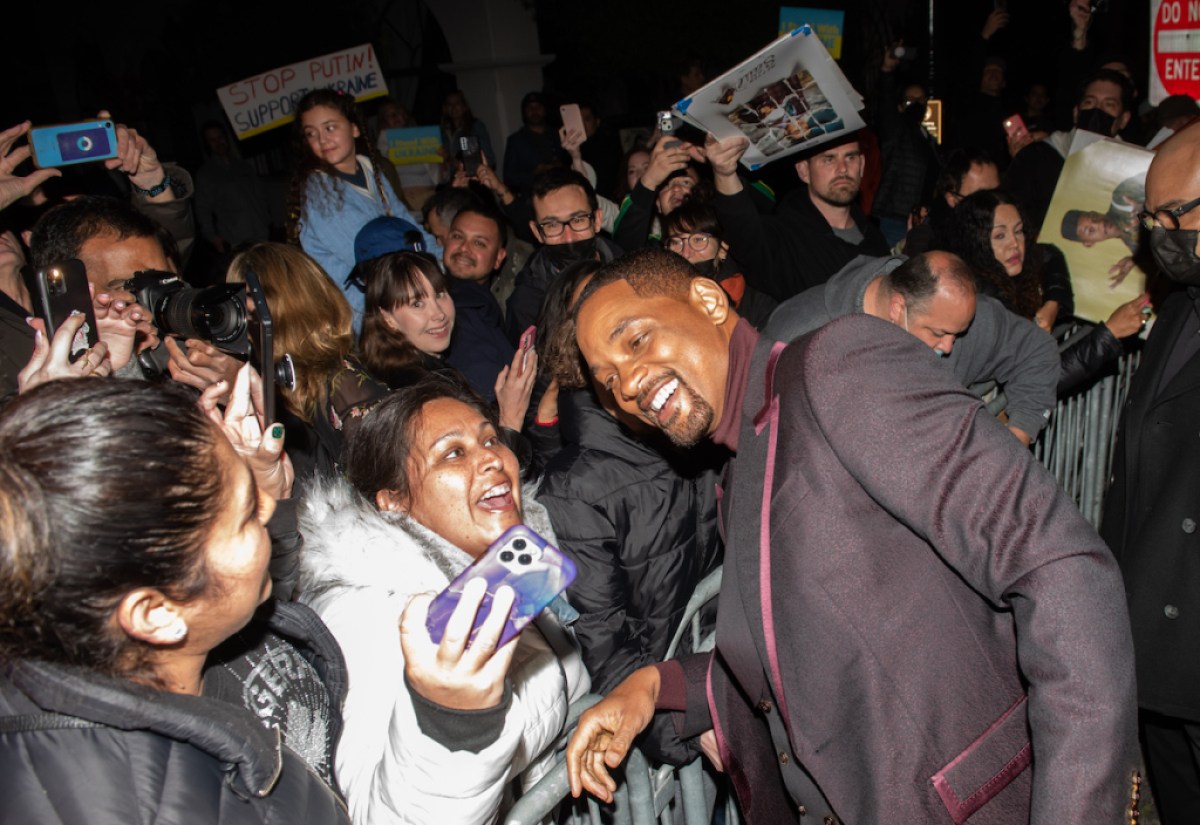
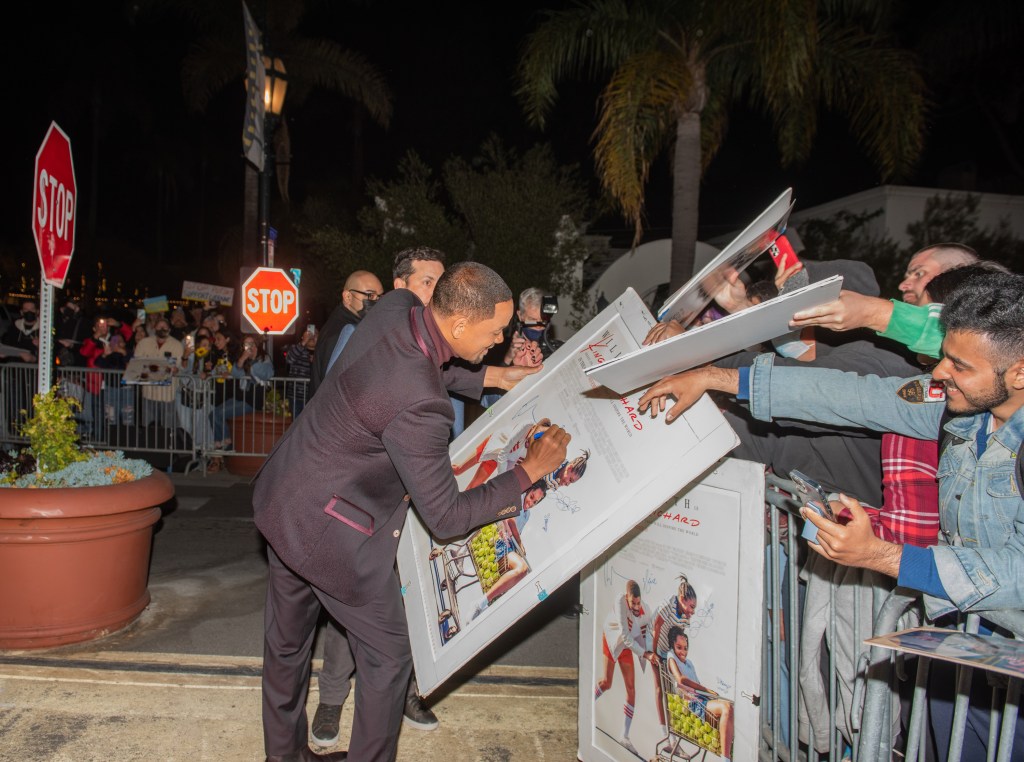
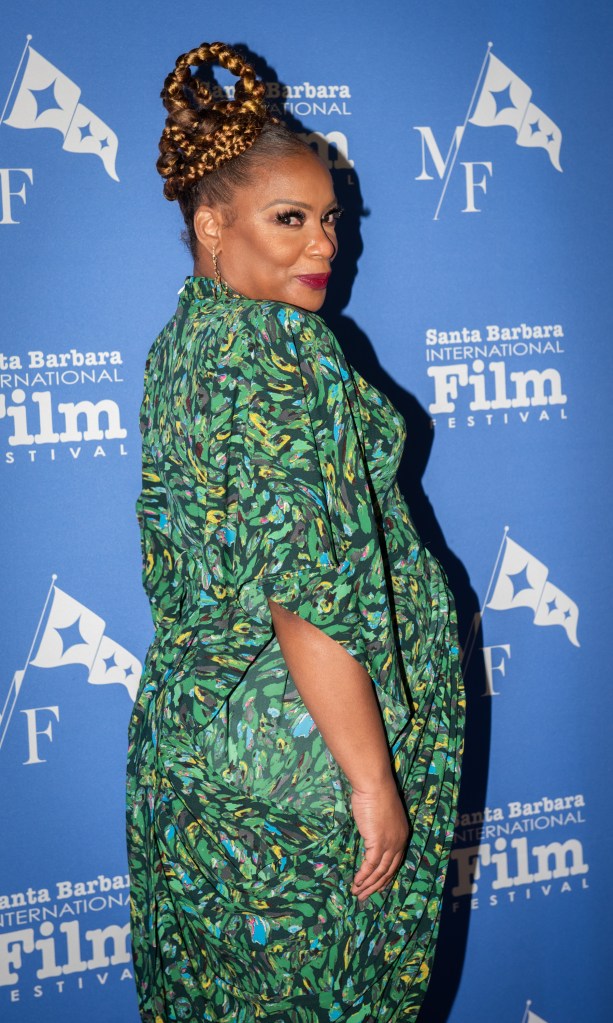
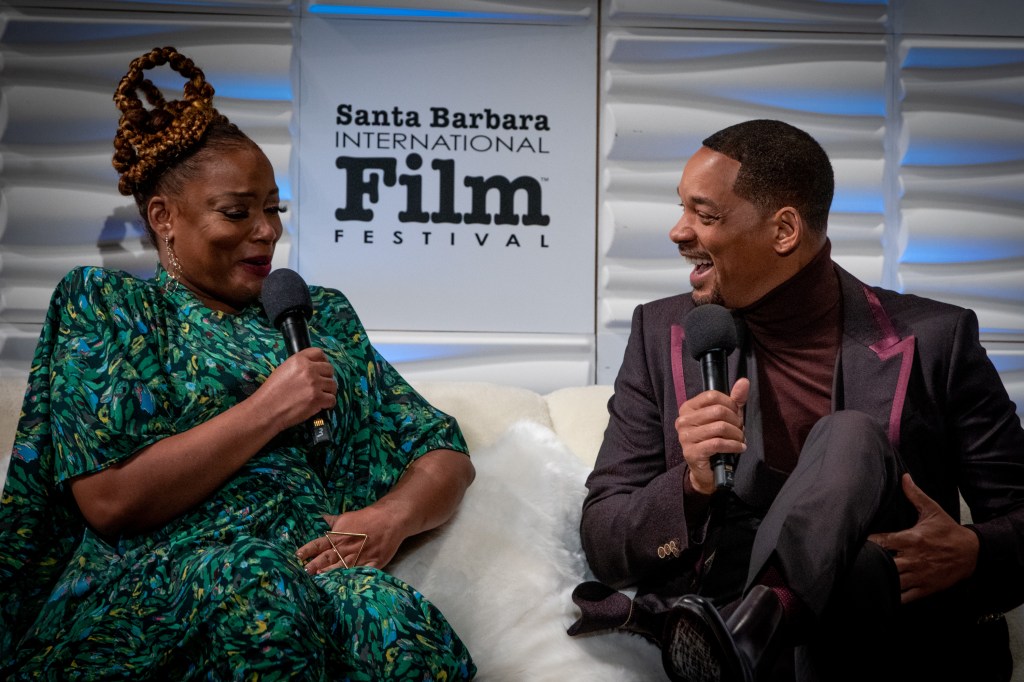
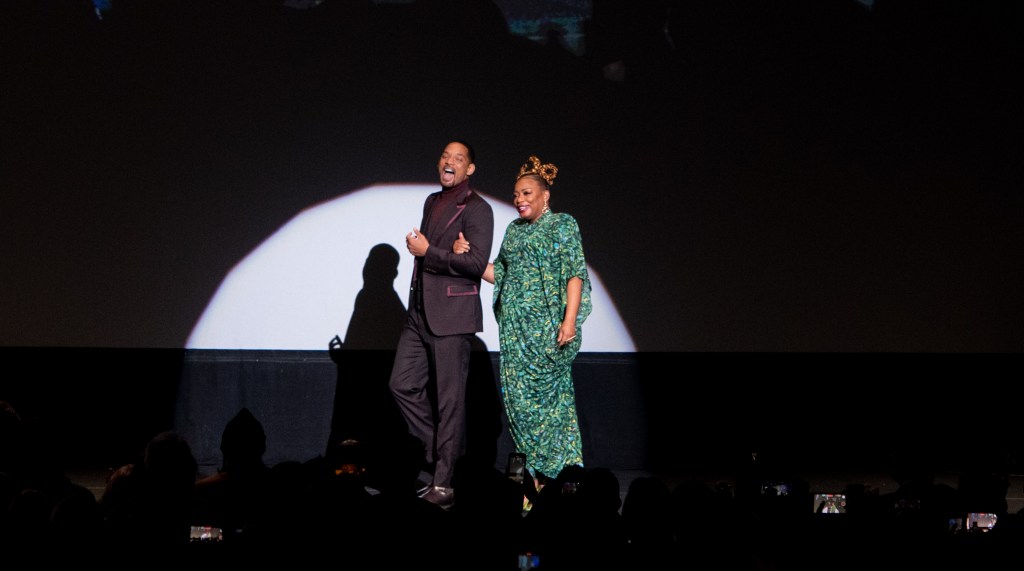




You must be logged in to post a comment.